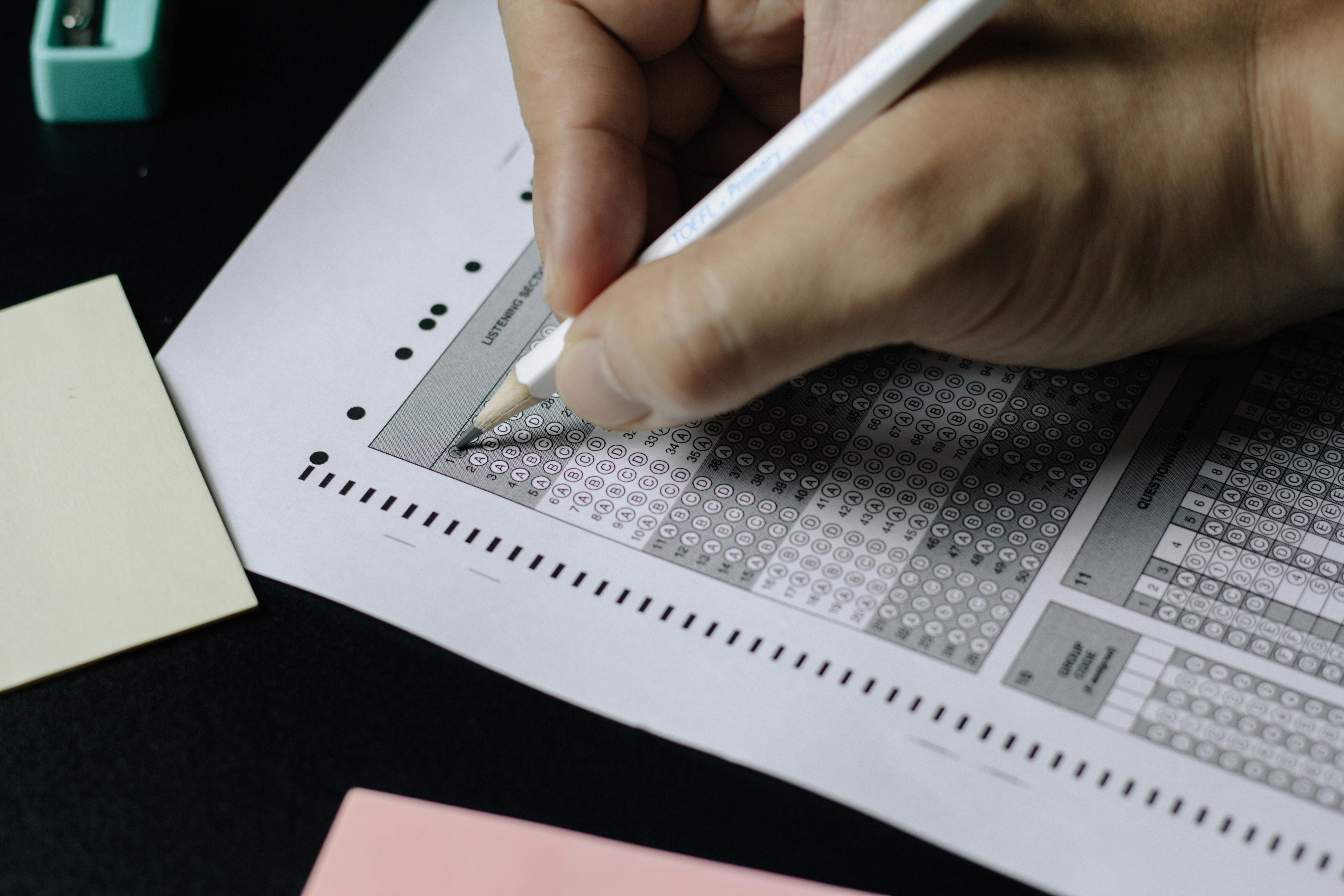By Grey Joyner, Admission Consultant, Elite Admission
Dartmouth College announced on 5 February that, after being standardized test-optional since the Covid pandemic, it will go back to requiring standardized tests of all applicants. In a statement, the university said that the “decision was guided by social science research that suggests we can improve our ability to identify students from a wide range of economic backgrounds who will succeed at Dartmouth” (Beilock, 2024).
While Dartmouth is the first Ivy League university to go back to requiring test scores since the pandemic, it is not the first top university to do so. MIT, Georgetown, Georgia Tech, among others, have all gone back to being test-required in recent years.
Is this the beginning of a trend, or are these just one-off decisions?
Context on schools becoming test-optional
To evaluate this question, let’s dig into the history of when so many universities went test-optional in the first place. In the wake of the covid pandemic, it became difficult for many students to take the SAT and ACT. Many universities, including all Ivy League universities, became test-optional.
This decision grew in popularity with increasing calls for diversity and inclusion in the college application process. Many people viewed standardized tests as discriminatory, as wealthier students would have access to more resources to help them prepare for the tests. Research has found a link between family income and test scores in a variety of studies, including this study by Columbia University’s Ezekiel J. Dixon-Roman, USC’s John J. Mcardle and SRI International’s Howard Everson. Many universities hoped that eliminating the testing requirement would result in more diverse incoming classes.
Reevaluating that stance
Over time, though, some universities have begun to question this hypothesis. Admissions officers do not view SAT and ACT scores in a vacuum; they consider the context of the applicant’s high school. “A 1400 SAT score from an applicant whose high school has an SAT mean of 1000 gives us valuable information about that applicant’s ability to excel,” Dartmouth said in its recent statement (Beilock, 2024).
Wealthy students have advantages in other parts of the college admissions process as well. For example, wealthy applicants have more access to academic tutors, internship opportunities, paid research opportunities, and many other items that might benefit them in the college admissions process. As with standardized tests, admissions officers consider this when making decisions.
MIT acknowledged the diversity benefits that can come from viewing pieces of information, like standardized tests, in the context of the applicant’s circumstances. “Once we brought the test requirement back, we admitted the most diverse class that we ever had in our history,” said MIT Dean of Admissions Stuart Schmill (Leonhardt, 2024).
Additionally, some schools have also begun to feel that they are not getting the requisite information about a candidate when they do not have the candidate’s standardized test scores. “Standardized test scores are a much better predictor of academic success than high school grades, which … [are] increasingly subject to grade inflation,” wrote Brown University President Christina Paxon last year (Paxson, 2023). Studies, including this paper by Raj Chetty, David J. Deming and John Friedman, have proven Paxson’s statement true.
Finally, standardized tests are particularly helpful in evaluating international applicants, as education standards and practices vary significantly from country to country. “For our increasingly large pool outside the US, we need some way in a standardized framing to get more data,” said Lee Coffin, Dartmouth’s Dean of Admissions (Jack, 2024).
For these reasons, schools like Dartmouth, MIT and Georgia Tech have reinstated the requirement for standardized tests.
But many top colleges continue to be test-optional. Why?
For one, the decision is as much a political one as it is logical. Many colleges fear pushback about their diversity efforts if they return to requiring test scores. Political debates often take place on the backdrop of college campuses; University of Pennsylvania President Elizabeth Magill was forced to resign in December 2023 after intense pressure following comments she made relating to the Israel-Hamas war that some found to be anti-semitic. Colleges want to avoid stirring the pot whenever possible, and not changing course on test requirements is one way to do so.
Additionally, colleges may be hesitant to require tests as it could decrease the number of applicants they get. “Our biggest challenge will be ensuring that students we very much want push the ‘submit’ button on applications,” wrote Brown President Christina Paxson (Paxson, 2023). Colleges are always looking for ways to shoot their way up various college ranking lists (or maintain top spots). The more students that apply to a given school, the lower the school’s acceptance rate, which lends an increased air of selectivity. Colleges are constantly seeking this.
So what’s next? Will other universities follow in Dartmouth’s footsteps?
At most top universities, the current testing policies in place are temporary. They were meant to be stopgap measures for a few years post-pandemic. Many Ivy League universities, including Princeton, Yale and Brown, have indicated that they are currently reviewing their testing policies. I expect many universities to soon announce long-term policies.
Whether top universities will continue to be test-optional or go back to requiring tests is still up in the air. I expect we will see a growing number of top universities requiring standardized tests compared to current policies. Many universities will follow the likes of MIT and Dartmouth and require tests as a way to get more applicant data and increase diversity. However, I anticipate many other universities will announce long-term test-optional policies, aiming to attract applicants. Ultimately, I think we will end up with more test-optional universities than before the pandemic, but fewer than we have had over the past four years.
References
Beilock, S.L. (2024). Reactivating the SAT/ACT requirement for Dartmouth undergraduate admissions. [online] President. Available at: https://president.dartmouth.edu/news/2024/02/reactivating-satact-requirement-dartmouth-undergraduate-admissions [Accessed 13 Feb. 2024].
Jack, A. (n.d.). Ivy League’s Dartmouth College reinstates standardised tests for admissions. [online] www.ft.com. Available at: https://www.ft.com/content/3f7c0e8b-8260-49fd-9ea1-acfaabe7a35c [Accessed 13 Feb. 2024].
Leonhardt, D. (2024). The Misguided War on the SAT. The New York Times. [online] 7 Jan. Available at: https://www.nytimes.com/2024/01/07/briefing/the-misguided-war-on-the-sat.html.
Paxson, C. (2023). To Test or Not to Test. [online] www.brownalumnimagazine.com. Available at: https://www.brownalumnimagazine.com/articles/2023-06-20/to-test-or-not-to-test [Accessed 13 Feb. 2024].











